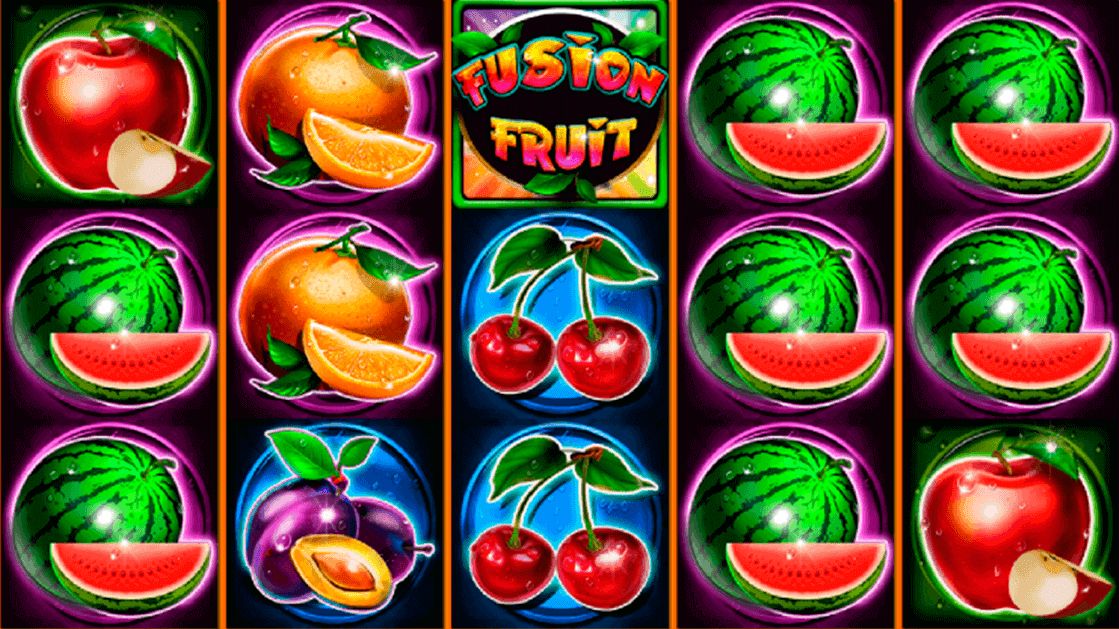
Gambling addiction is a serious issue affecting millions of individuals worldwide. It is characterized by the compulsive urge to gamble, which can lead to severe financial, emotional, and psychological consequences. Fortunately, there are numerous support systems and resources available to those seeking help and working towards recovery.
Recognizing the Signs of Gambling Addiction
Before seeking help for gambling addiction, it is important to recognize the signs and symptoms. Some common indicators include:
Increased frequency and duration of gambling
Difficulty controlling or stopping gambling urges
Neglecting personal and professional responsibilities due to gambling
Borrowing or stealing money to fund gambling habits
Experiencing mood swings, anxiety, or depression related to gambling
Putting gambling activities above personal relationships
Professional Counseling and Therapy
One of the most effective ways to combat gambling addiction is to seek professional counseling and therapy. Licensed therapists specializing in addiction can help individuals develop effective coping strategies and provide support throughout the recovery process. They can also address any underlying psychological issues that may have contributed to the addiction.
Support Groups
Support groups play a crucial role in offering emotional support, encouragement, and a sense of community to gambling addicts and their loved ones. Organizations like Gamblers Anonymous provide a safe and non-judgmental environment for sharing experiences, discussing challenges, and celebrating milestones in the journey to recovery.
Financial Counseling
Excessive gambling often leads to financial turmoil and debt. Seeking help from financial counselors or advisors can assist in organizing and managing finances, creating a budget, and developing strategies to repay debt. These professionals can also provide guidance on rebuilding credit and regaining financial stability.
Online Resources
Advancements in technology have paved the way for online resources that can aid in tackling gambling addiction. Websites and forums dedicated to addiction recovery provide valuable information, tools, and self-help resources. These online platforms offer anonymity and accessibility for individuals who may prefer to seek help discreetly or remotely.
Helpline and Hotline Services
Helpline and hotline services are available round the clock, providing immediate assistance to those in crisis. Trained professionals are equipped to offer guidance, support, and referrals to local resources. Hotlines like the National Problem Gambling Helpline can be a first step towards seeking help and getting connected to appropriate support systems.
Inpatient and Outpatient Treatment Programs
For individuals requiring more intensive intervention, inpatient or outpatient treatment programs may be recommended. These options offer a structured environment where individuals can receive comprehensive therapy, counseling, and support from addiction specialists. Inpatient programs involve residing at a treatment facility, while outpatient programs allow individuals to attend sessions while maintaining their daily routines.
Family Involvement and Support
Gambling addiction affects not only the individual but also their loved ones. Involving family members in the recovery process can promote understanding, open communication, and a supportive environment. Family therapy, counseling, and education programs can provide tools and strategies for family members to cope with the challenges associated with gambling addiction.
Conclusion
Gambling addiction is a serious problem that requires professional help and support. Recognizing the signs, seeking counseling, and utilizing available resources are crucial steps towards recovery. With the right support and resources, individuals struggling with gambling addiction can regain control of their lives and embark on a healthier and happier future.
